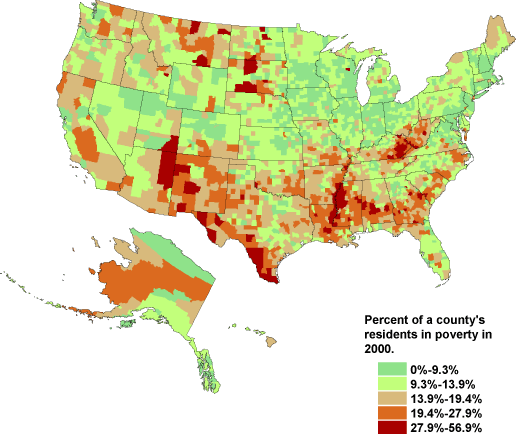Were things always this bad??


I heard they got some Kentucky rubes to sign over the mineral rights for the entire state in perpetuity for a jar of boiled peanuts.

The Reconstruction Era—the years immediately following the Civil War when Congress directed the reintegration of the former Confederate states into the Union—remains, as historian Eric Foner suggests, “America’s unfinished revolution.” But Reconstruction is more than a story of great racial injustice; it has left a complex legacy involving both blacks and whites, Southerners and Northerners, that is reflected today by the fact that many of the states with the highest rates of poverty were part of the former Confederacy. In Southern Reconstruction, Philip Leigh examines Federal wartime legislation in order to broaden our understanding of Reconstruction, revealing how it led to African Americans being used as political pawns, first to ensure continued Republican rule, and finally to be blamed for the South’s hardships in order to draw poor whites away from Populism and back to the aristocratic white Democratic banner.
Civil War laws, such as the Confiscation Acts, Pacific Railroad Acts, Homestead Act, Legal Tender Act, National Banking Act, and Veterans Pensions Acts, transformed America’s banking system, built a railroad web, and launched the Gilded Age in the North and West, but it also created a dubious alliance between banks and government, sparked corruption, purposely depressed Southern industry, trapped Southern farmers—both black and white—in endless annual peonage cycles, and failed to provide lands for freedmen. While Reconstruction was intended to return the South to the Union, it could not be effective with laws that abetted Southern poverty, disfranchised many whites, fostered racial animosity to a point where lynchings and Jim Crow laws erupted, and lined the pockets of wealthy or politically well-connected business leaders outside of the region.
Leigh consistently punches holes in the modern “unfinished revolution” narrative and shows real sympathy for the plight of Southerners after four years of hard fighting. For example, those who believe that Southerners were not punished enough by the War, that somehow they should have been made to pay reparations or have their property confiscated, are shocked into reality. Leigh contends that Southerners did pay reparations in the form of Union veteran pensions, many of which were fraudulent and excessive, while at the same time having to come up with pennies to support their own veterans. He additionally points to the tepid interest in confiscatory policies by the majority of the Northern population, including Abraham Lincoln himself, as the reason massive land redistribution never took place. His position is not a lament for “what could have been,” but a practical understanding of what the vast majority of Americans were thinking at the time. Private property was still the cornerstone of American society, and confiscation, no matter the reason, was viewed as an immoral violation of liberty and a punitive police that very few could support. Northern self-righteousness only went so far.
Leigh makes clear that the Gilded Age would not have been possible without the political and economic corruption of Reconstruction. Northern banking and industrial interests fattened their wallets while Southerners, both white and black, faced malnutrition and few economic prospects. Southern governments controlled by “carpetbaggers” and “scalawags” raised taxes and spent lavishly. This is dangerous territory for any modern historian. The contemporary narrative argues that Reconstruction governments were models of fiscal restraint and only spent because of their overarching humanitarian concerns for the wellbeing of freedmen. Leigh calls it being “railroaded” and insists corrupt deals for railroad construction undergirded bloated state budgets. This is an almost sacrilegious assertion but one that Leigh argues well.
One gets the sense in reading Leigh’s book that the real tragedy of Reconstruction was a missed opportunity of real reconciliation, not just for the sections, but for Southerners of all races.